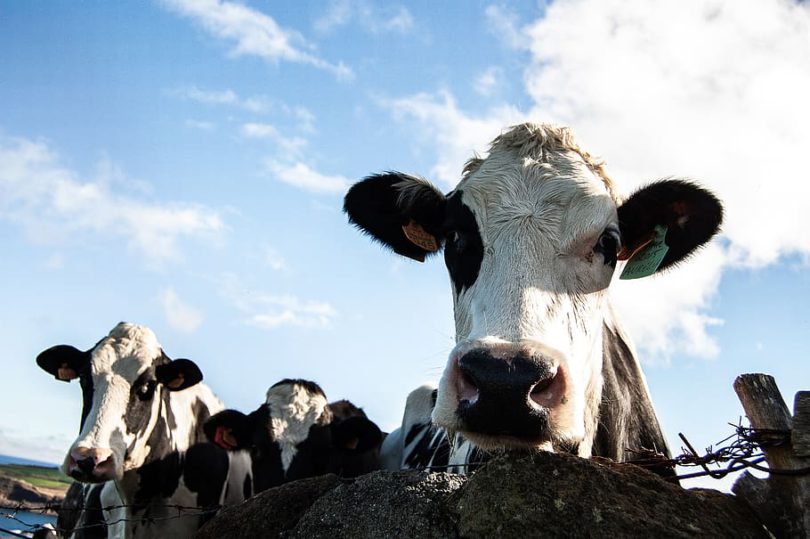Could a cow save your life? While the idea of a cow trying to revive a dying human sounds ludicrous, there may be something in their chromosomes that shed light on helping humans live longer. At least one scientific research study seems to think that humans may live longer thanks to cow DNA tests.
Research conducted on cows at the Crichton Royal Farm in Dumfries, west Scotland may have revealed a secret to extending the lives of humans. The study was conducted through Scotland’s Rural College. It looked closely at the DNA of cows. What they discovered could very well be helpful to understanding the DNA of humans as well. If the information is properly applied, it may even help extend lifespans or contribute to a more fulfilling and healthy lifestyle.
Humans and cattle have some things in common, and studies of their DNA may help prolong the life expectancy of humans as well. It all boils down to what is in our blood, and researchers hope that this newest study on cows in Scotland may help shed some light on the issue.
On the end of our chromosomes, and those of cows, there are something called telomeres, which serve as the end caps to the chromosomes. The study discovered that these telomeres deteriorate soon after birth and are an indication of how long the animal might live and how healthy they will be. Research has shown that the length of the telomere in humans affect how they will age. Younger humans have longer telomeres, and older humans have shorter ones. Every time the cell divides, the telomeres get damaged slightly, so over time, the telomeres become shorter.
Professor Mike Coffey had his team look into the lives of 700 cows who were part of an award winning herd. As part of the research, Professor Coffey and his team took more than 2,000 blood samples to study the length of telomeres in the dairy cows. The results indicate that the cows who lived longer had longer telomeres.
The cows studied were considered to be perfect for this study since they are kept in a controlled environment which isolates any outside influences that may change the results. In other words, any changes observed would be truly genetic and not a result of how they were managed since they are all managed in the same way their entire lives.
The hope in conducting the study was to identify factors that may shorten telomeres to compare and determine how to make the lives of humans healthier and longer. Hopefully the study will reveal a better understanding as to what kind of lifestyle changes could make for a longer, healthier life and which ones may shorten or diminish the quality of life in humans. Before you get too excited as to how this could change DNA testing, there is not yet enough information to advise companies to measure telomeres with the purpose of giving life expectancy advice since the measurements could be inaccurate as every human’s telomeres are unique.

